Trump accuses Assad of launching chemical attack in Syria
US President Donald Trump has accused Syrian President Bashar al-Assad of launching a chemical attack near the capital Damascus, saying there will be a “big price to pay.”
Trump’s baseless accusations were made on Sunday on Twitter after the Syrian government strongly rejected using chemical weapons.
Trump also blamed Russian President Vladimir Putin and Iran for the alleged attack.
"President Putin, Russia and Iran are responsible for backing Animal Assad. Big price to pay," Trump said in a pair of tweets.
"Many dead, including women and children, in mindless CHEMICAL attack in Syria. Area of atrocity is in lockdown and encircled by Syrian Army, making it completely inaccessible to outside world," Trump added.
The alleged chemical attack on Saturday in the militant-held town of Douma in the Eastern Ghouta region left dozens dead and drew international condemnation from various countries and international bodies.
Eastern Ghouta, which is home to nearly 400,000 people, fell to multiple militant groups in 2012, months after Syria plunged into crisis and has since served as a launch pad for fatal attacks against residents and infrastructure in Damascus.
Damascus, in a statement released late on Saturday, strongly rejected the allegation of using chemical munitions and said that the so-called Jaish al-Islam Takfiri terrorist group, which has dominant presence in Douma, was repeating the accusations “in order to accuse the Syrian Arab army, in a blatant attempt to hinder the Army’s advance.”
The governments of Iran and Russia have also rejected the accusations against the Syrian government.
On Sunday, the US State Department issued a strongly-worded statement, blaming the Syrian government for purportedly conducting the attack. It further said that Moscow was “ultimately bearing responsibility” for all chemical incidents in the Arab country, regardless of who carried them out.
One of Trump's top homeland security advisers said on Sunday the Unites States will not rule out launching a missile attack in response to the alleged chemical attack. "I wouldn't take anything off the table," White House Homeland Security and Counterterrorism Adviser Thomas Bossert said in an interview on ABC's "This Week."
The head of the United Nations said on Sunday he was "particularly alarmed" by the accusations. Secretary-General Antonio Guterres said in a statement that he was "deeply concerned" about renewed violence in the city of Douma.
Syria surrendered its stockpiles of chemical weapons in 2014 to a joint mission led by the US and the Organization for the Prohibition of Chemical Weapons (OPCW), which oversaw the destruction of the weaponry.
It has also consistently denied using chemical weapons over the course of the foreign-backed militancy, which gripped the country in 2011.
Western governments and their allies, however, have never stopped pointing the finger at Damascus whenever an apparent chemical attack takes place.
In April, a suspected sarin gas attack hit the town of Khan Shaykhun in the northwestern Syrian province of Idlib, taking at least 80 lives. Accusing Damascus, the US then launched several dozen Tomahawk cruise missiles at a Syrian air base, taking the lives of about 20 people including both Syrian soldiers and civilians.
The US and its allies have been bombarding what they call Daesh positions inside Syria since September 2014 without any authorization from the Damascus government or a UN mandate.
The strikes have on many occasions resulted in civilian casualties and failed to fulfill their declared aim of countering terrorism.
The US has reportedly more than 2,000 troops stationed in eastern Syria, in addition to several thousand others in the Arab country’s north.
A senior US military general said Thursday that Trump has not given the Pentagon a timeline for getting American troops out of Syria, despite Trump's public statements that US troops should withdraw soon.
UK engaged in 'systematic' suppression of pro-Palestine voices: Report
Hundreds of Greeks protest US warship arrival in Crete
Iran warns Trump against decisions based on false information
Iran embassy rejects 'fabricated' French reports on domestic affairs
Trump’s military buildup against Iran on Netanyahu’s behalf is a gambit doomed to fail
Iran dismisses US 'big lies' on nuclear, missile programs
CIA‑founded NGO admits deploying Starlink satellites for Iran riots
VIDEO | French comedian targeted by Rothschild and Epstein for his shows on Palestine


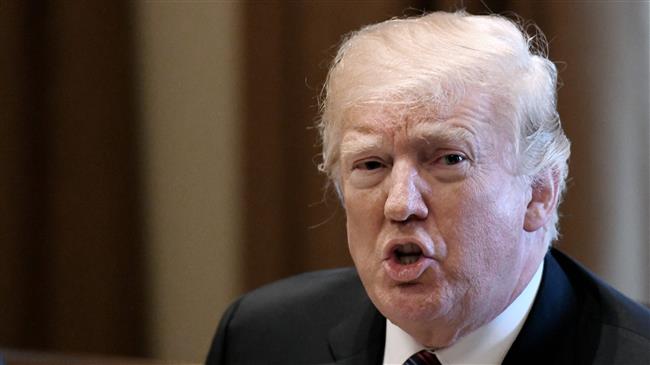

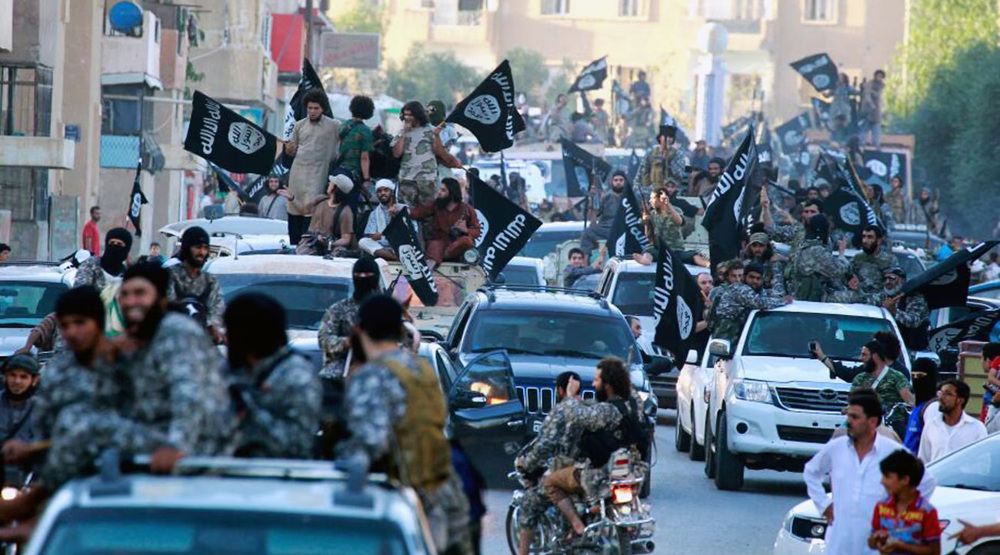
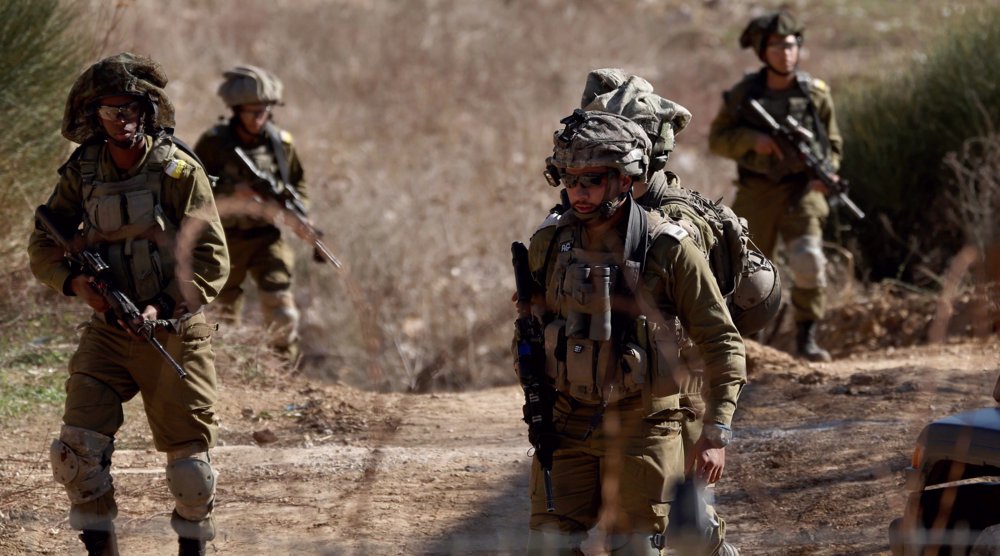
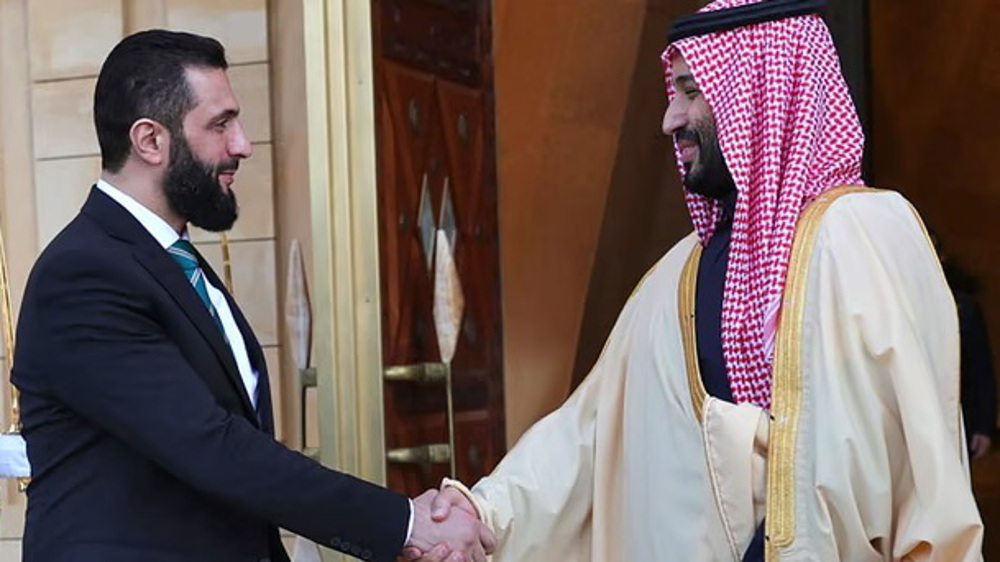



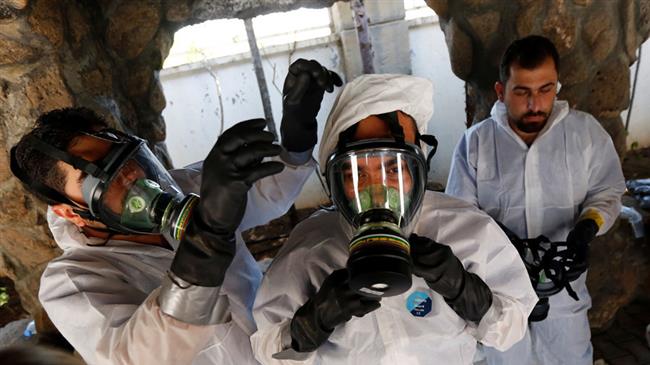
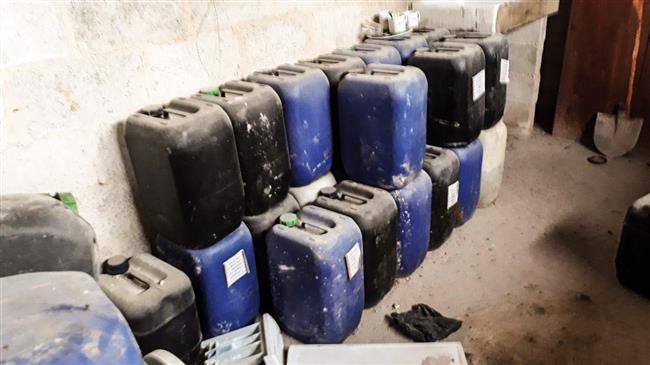
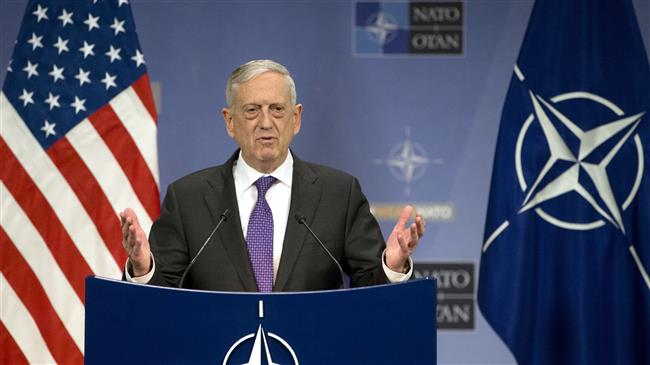
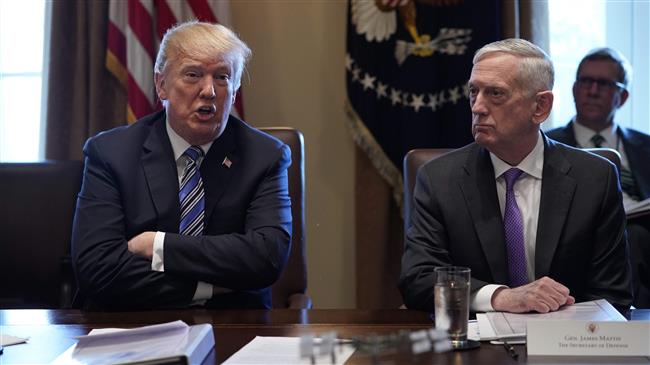
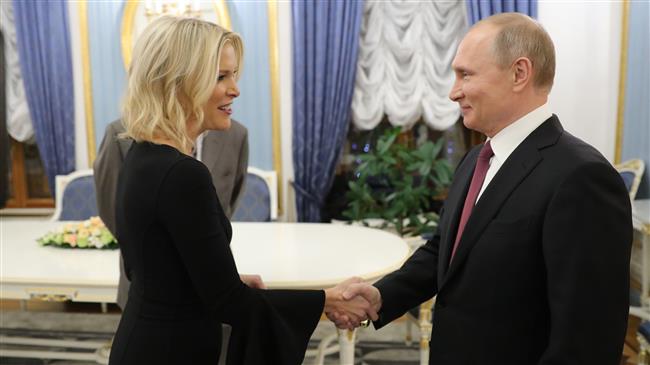

 This makes it easy to access the Press TV website
This makes it easy to access the Press TV website